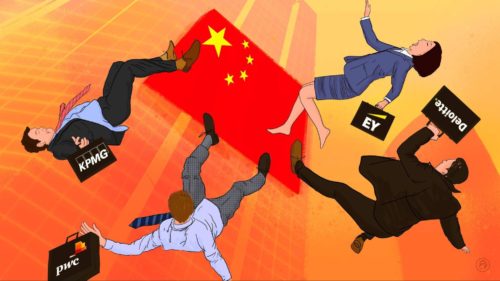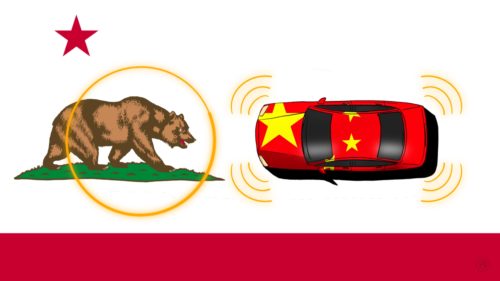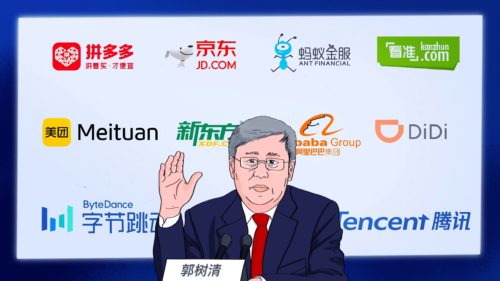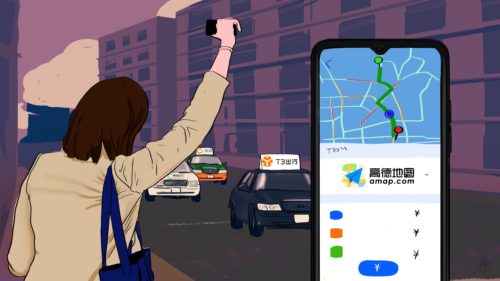Long wait on Didi? Blame Beijing’s July 1 crackdown on private taxi drivers

Hailing a ride on Didi or other apps might have just gotten a little harder, after a Beijing government policy went into effect on July 1 that restricts private “taxis.”
The new policy states that anyone who wants to run a “private taxi business” in the capital must be a Beijing resident with a hukou (“household registration”), have a vehicle registered with a Beijing license, and have a taxi driver’s license. Unqualified drivers are subject to a minimum fine of 30,000 yuan ($4,500), confiscation of “illegal” gains, and even vehicle detention.
Drivers who use the Didi Chuxing 滴滴出行 app — the largest ride-hailing platform in China — count as “online-booking taxi drivers” (网约车司机 wǎng yuē chē sījī). Since most of them are not native residents, the driver response rate has plummeted this past week. One driver told me that he and all of his friends essentially had to stop their “business” because of the new restriction, and they have no idea what they’ll do next.
Approximately 90 percent of the 200,000 active Didi drivers in the capital are not Beijing hukou holders, according to Sohu.
Passengers have been upset with the new policy as well, as the wait time for some of them, where it used to be only five minutes, now exceeds 40 minutes. On the other hand, public transit and traditional yellow cabs are expected to benefit from this new policy. Traditional taxis in particular are waiting for a comeback after being marginalized in the industry by ride-hailing apps. There have been protests over this particular issue — well-publicized strikes in 2015, for example — and instances of yellow-cab drivers blocking online-booked cars on the street.
Beijing’s July 1 policy can be seen as an effort to regulate the private taxi business in China, and to ensure safety. There have been wide concerns and discussions about the low barrier of entry for private drivers, which has led to security problems, including a murder of a passenger this May.
The reaction on Chinese social media has been mixed: while some online users have criticized the new policy for intensifying their traffic inconvenience, others said it was sensible and welcomed it for the sake of the traditional taxi business.
Despite the current restriction, some drivers remained optimistic that tweaks in the policy will eventually allow drivers back on the road. As one part-time Didi driver from Hebei Province put it: “The new policy has created so much inconvenience for people in Beijing, there must be a compromise from the government to address people’s needs.”





